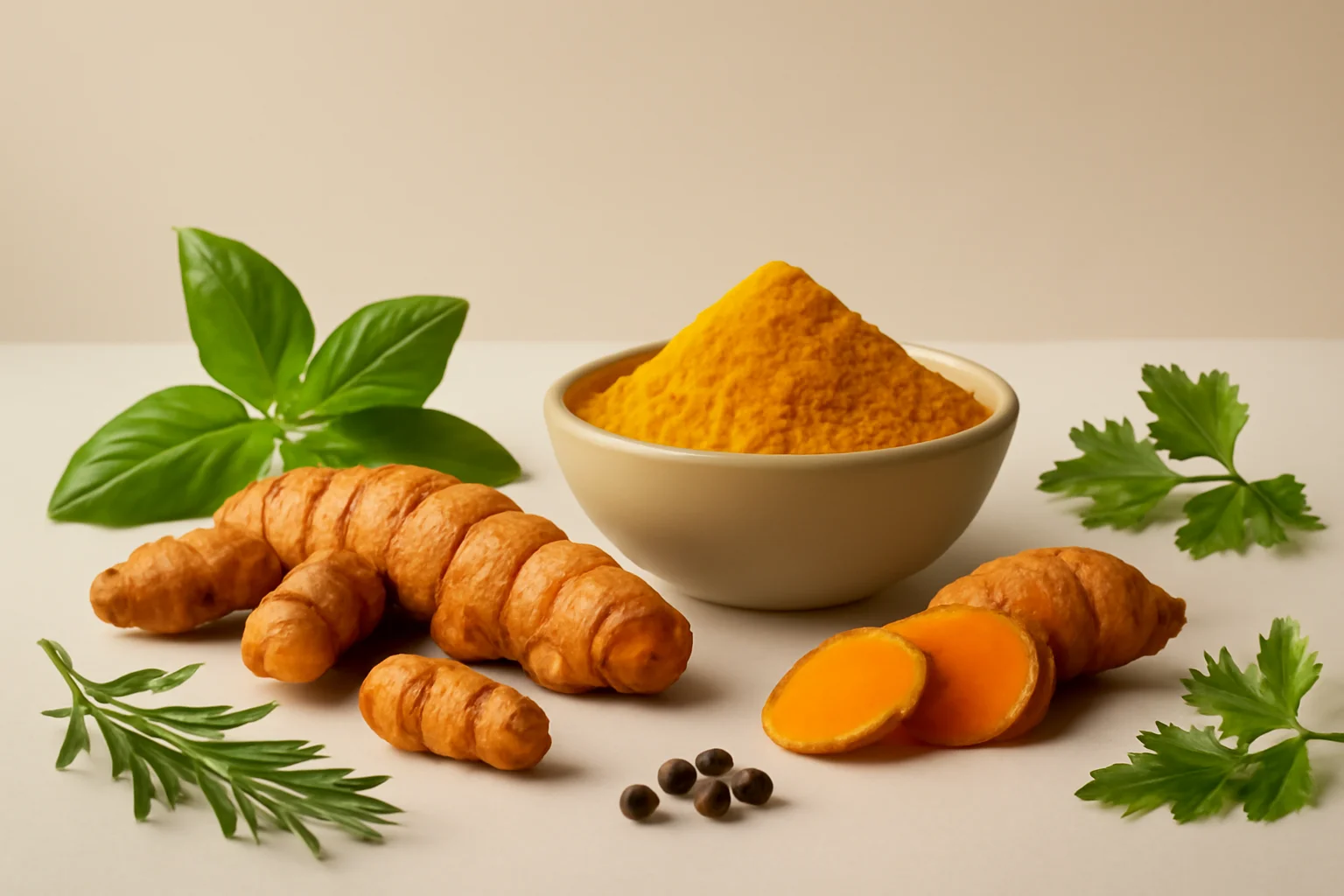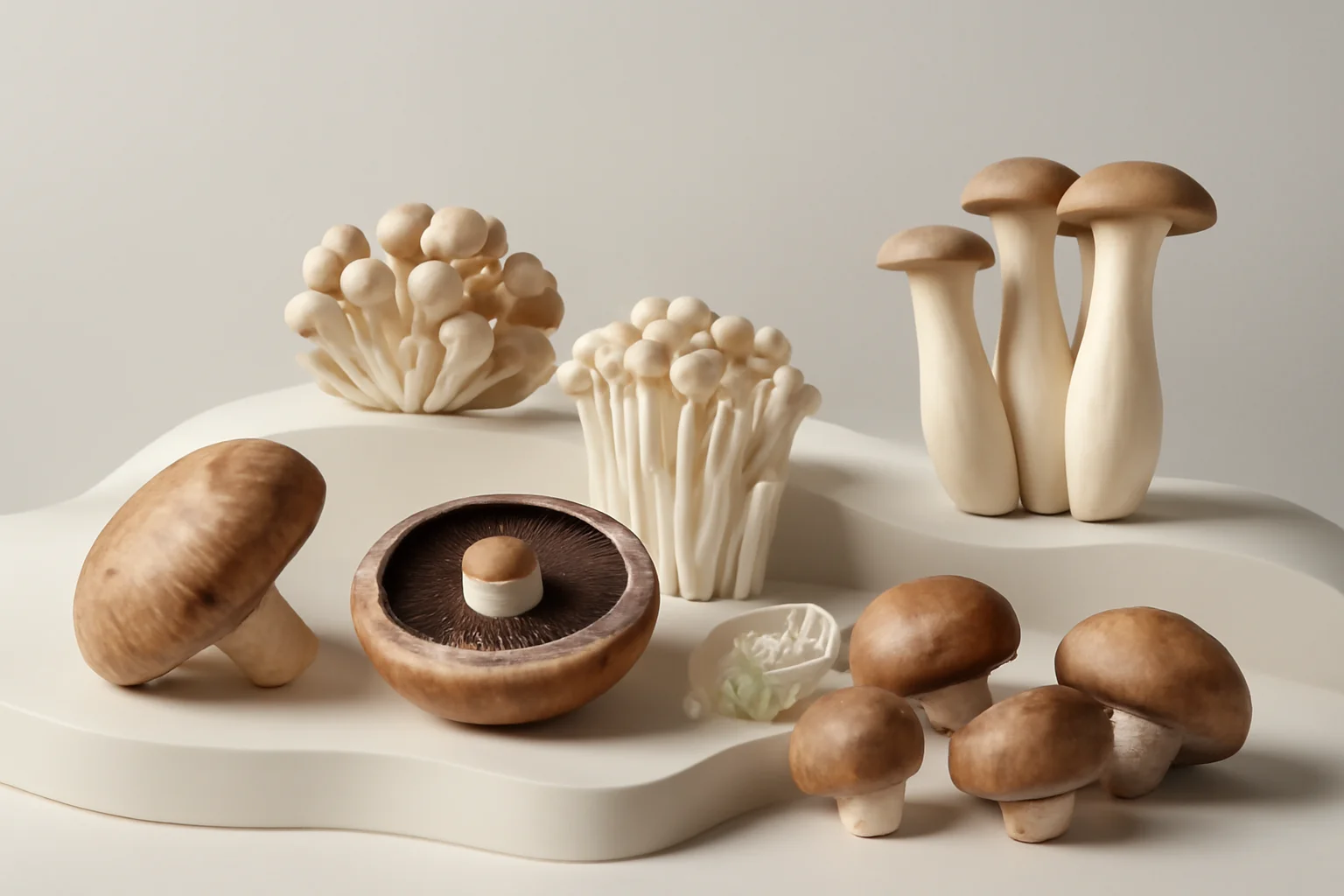
Turmeric: Discover Its Beneficial Effects and Health Benefits!
The turmeric, this bright yellow spice, is not only a flavoring used in kitchens but also a plant that has occupied scientists and natural healers for centuries. The root of turmeric, particularly the curcumin it contains, has numerous health benefits and is an important part of traditional Indian medicine, Ayurveda. In recent decades, the popularity of turmeric has increased worldwide, and more and more people are discovering the potential it holds.
More people are seeking natural solutions to everyday problems, whether it’s inflammatory diseases, digestive disorders, or even maintaining skin health. Turmeric plays an important role not only in gastronomy but is also increasingly coming to the forefront in the wellness and beauty industries. Research suggests that turmeric’s anti-inflammatory, antioxidant, and antibacterial properties can contribute to maintaining health and help in the prevention of various diseases.
Below, we present what turmeric is good for, in what forms we can use it, and how we can incorporate this wonderful spice into our daily lives.
Health Benefits of Turmeric
The most well-known effect of turmeric is its anti-inflammatory properties. Curcumin, the main active ingredient in turmeric, can reduce inflammatory processes in the body. Because of this property, turmeric can be particularly useful for those suffering from chronic inflammatory diseases such as arthritis or bowel inflammation.
Several studies have shown that turmeric can contribute to maintaining cardiovascular health. Curcumin may help reduce the risk of heart disease by improving the function of blood vessels and lowering cholesterol levels. Through its antioxidant effects, turmeric protects cells from the harmful effects of free radicals, thereby reducing the likelihood of developing heart diseases.
Turmeric can also be a great solution for digestive disorders. It aids digestion and stimulates bile production, which contributes to the breakdown of fats. For individuals struggling with digestive system problems, consuming turmeric can alleviate bloating and heartburn.
In addition, turmeric can help treat skin problems. Due to its antibacterial and anti-inflammatory effects, turmeric can be beneficial in treating acne-prone skin by reducing inflammation and aiding in skin regeneration. The application of turmeric masks is a popular method for rejuvenating the skin and lightening acne scars.
Forms of Turmeric Usage
Turmeric is available in many forms, making it easy to incorporate into daily diets. The most common form is powdered turmeric, which can be used as a spice in various dishes such as curries, soups, or rice dishes. The powdered form can easily be added to baking powder, allowing it to be incorporated into baked goods as well.
Turmeric is also available in capsule form, providing a convenient solution for those who do not enjoy the spice’s taste or aroma. The curcumin in capsules is present in a concentrated form, which can help achieve targeted effects.
Turmeric is also popular in teas and beverages. We can make turmeric tea, which only requires hot water, turmeric, and a little lemon juice. The drink can be flavored with honey or ginger, offering a tasty and healthy alternative to everyday beverages.
Turmeric can also be applied externally, for example, in the form of masks. Mix turmeric with yogurt or honey and apply it to problematic areas of the skin. This can help reduce inflammation and promote skin regeneration.
Turmeric and Traditional Medicine
Turmeric has been a part of traditional medicine for centuries, especially in Indian Ayurveda. According to Ayurveda, turmeric is not only medicinal but also has energetic and spiritual significance. In Ayurvedic medicine, turmeric is often used for cleansing the body and strengthening the immune system.
In Indian culture, turmeric is traditionally used in marriage ceremonies as well. The color and scent of turmeric symbolize happiness and prosperity, which is why brides are often treated with a turmeric paste to ensure they have beautiful and radiant skin on their wedding day.
In research, the modern medical applications of turmeric are increasingly coming to the forefront. Numerous studies focus on the anti-cancer effects of curcumin, as antioxidant-rich turmeric can help protect cells and inhibit the growth of cancer cells. Although research is ongoing, turmeric shows promising potential in the field of natural healing.
Turmeric for Intestinal Cleansing and Detoxification
The detoxifying effects of turmeric have made it particularly popular in cleansing programs. Thanks to its antioxidant content, turmeric can help remove harmful substances from the body. During detoxification, turmeric stimulates liver function, which is the primary organ for detoxification.
Consuming turmeric promotes digestion, which is essential during detoxification. To maintain a healthy gut flora, turmeric supports the functioning of probiotics, which contribute to the health of the gastrointestinal system.
Regular consumption of turmeric beverages and teas can aid in cleansing the intestines and improving nutrient absorption. The combination of turmeric with other natural ingredients, such as lemon juice or ginger, can make the detoxification process even more effective.
Some opinions suggest that turmeric may also contribute to weight loss, as it helps stimulate metabolism and break down fats. Therefore, regular consumption of turmeric not only aids in detoxification but can also play a role in optimizing body weight.
Note: The information described in this article does not replace medical advice. For health issues, please consult a professional.

